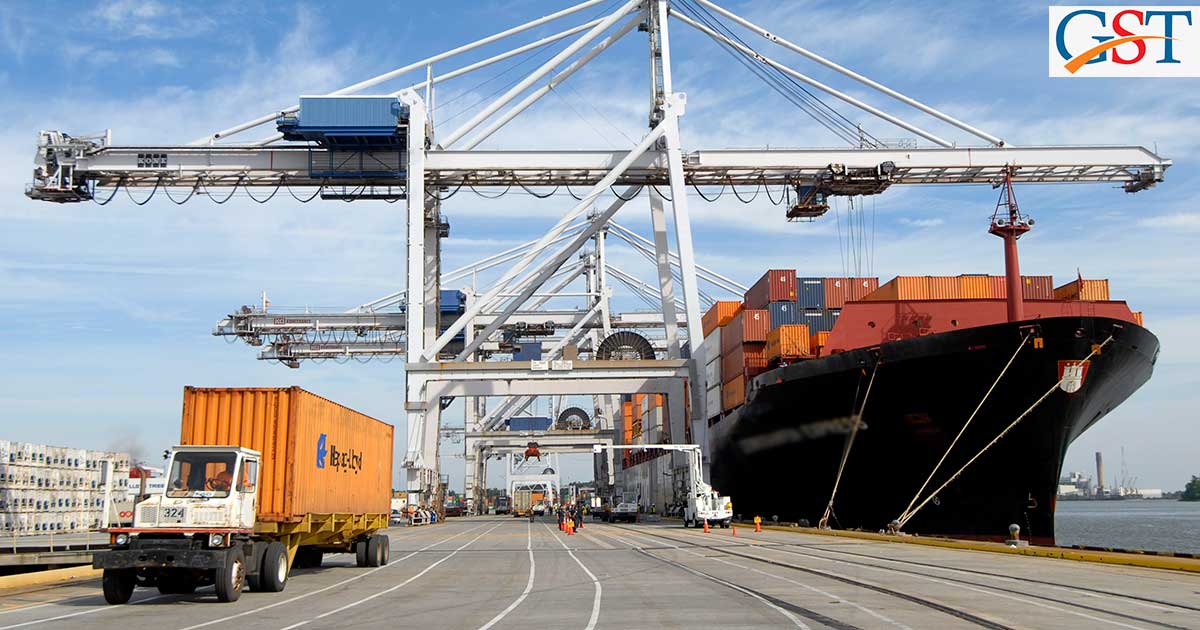After the implementation of Goods and Service Tax (GST) from 1st July, exporters are facing problem in the working capital due to delay in receiving the tax refund under GST. In view of this, they have demanded to provide tax exemptions previously instead of reimbursement mechanism.
India Inc claims that, as delay in receiving the tax refund in the new tax regime, nearly 1.85 Lakh crore working capital of companies stuck with the Government. Due to that exporters have denied for taking orders.
Nearly Rs 6 lakh as duty drawback has been stuck in Muradabad of Brass Handicrafts Man and Exporters Paragon Metals. Businessmen Ajay Kumar Gupta points out that if the tax refund processing system would not start soon, the craftsmen and job workers might have to leave.
From the past few weeks, Valiant Overseas the exporting company of bathroom accessories in Rajkot has denied to take export orders nearly of Rs 1 crores and also stopped exporting for some period of time. From the last two months, nearly Rs 50 lakh capital of overseas companies has been stuck due to no tax refunds on time under GST.
The government made dual- refund mechanism under GST. Under this, exporters can export without paying IGST under bond and can claim for the refund of input tax credit. They can export after making IGST payments and can claim for refund of IGST paid on exported goods and services.
In the first condition, the exporters will get 90 percent of refund within the seven days of applying refund application, whereas, the remaining 10 per cent refund will be provided after 60 days. In the second condition, the exporters will get full 100 per cent within 60 days.
In the previous tax regime (VAT) exporters get exemption in the duties. After the implementation of GST, firstly they are liable to pay duties and after then they will get the refund on the taxes they had paid. Under this process, a part of the working capital of companies stuck with the government and due to this their manufacturing cost has been surged.
